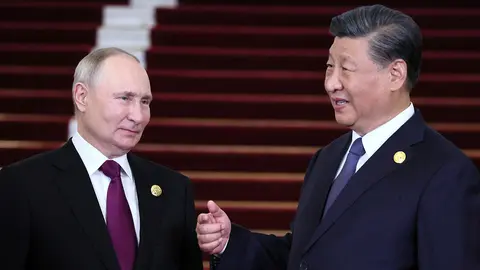Xi Jinping lands in Paris on 60th anniversary of France-China relations

The feeling of mistrust among European leaders continues to grow. The situation in Ukraine, the constant threat to Taiwan and the conflict between Hamas and Israel are setting the agendas of international leaders.
The close ties between Moscow and Beijing are at odds with the interests of the European Union (EU). On the economic front, Xi Jinping's visit to France seeks to resolve the sanctions that the EU has proposed to introduce on the electric vehicle industry.
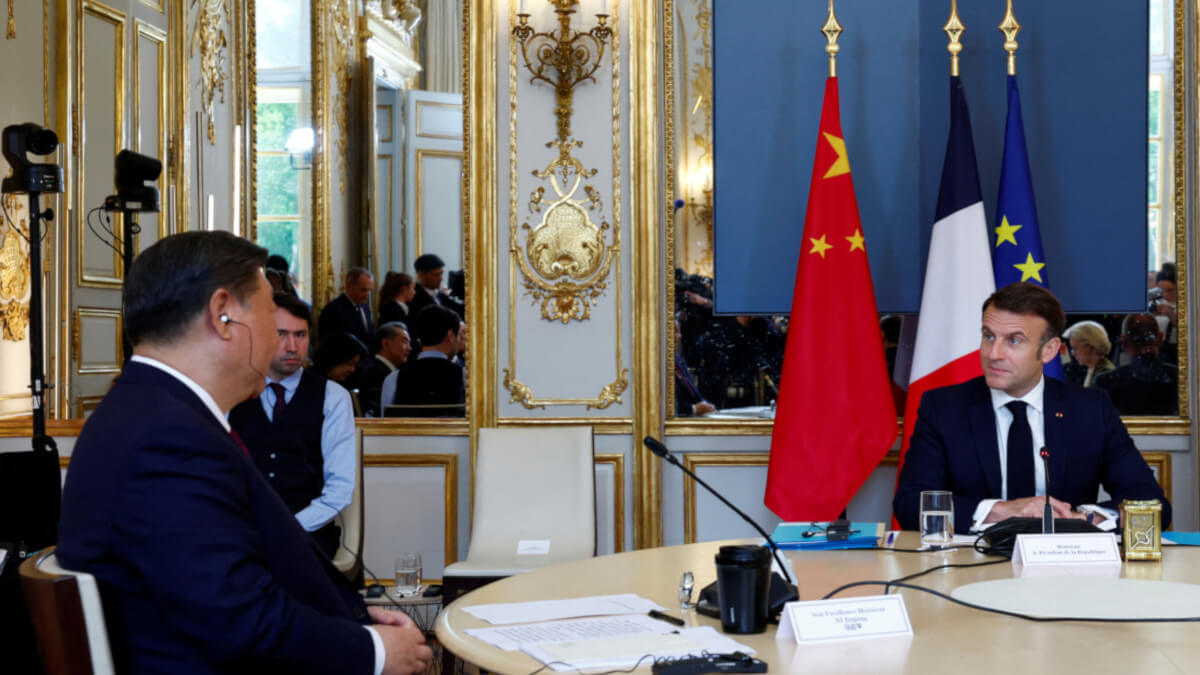
Welcomed by French Prime Minister Gabriel Attal, Xi Jinping landed in Paris on Sunday for a series of meetings with French President Emmanuel Macron. The meeting raises a number of dilemmas that pit economic interests against geopolitical ones.
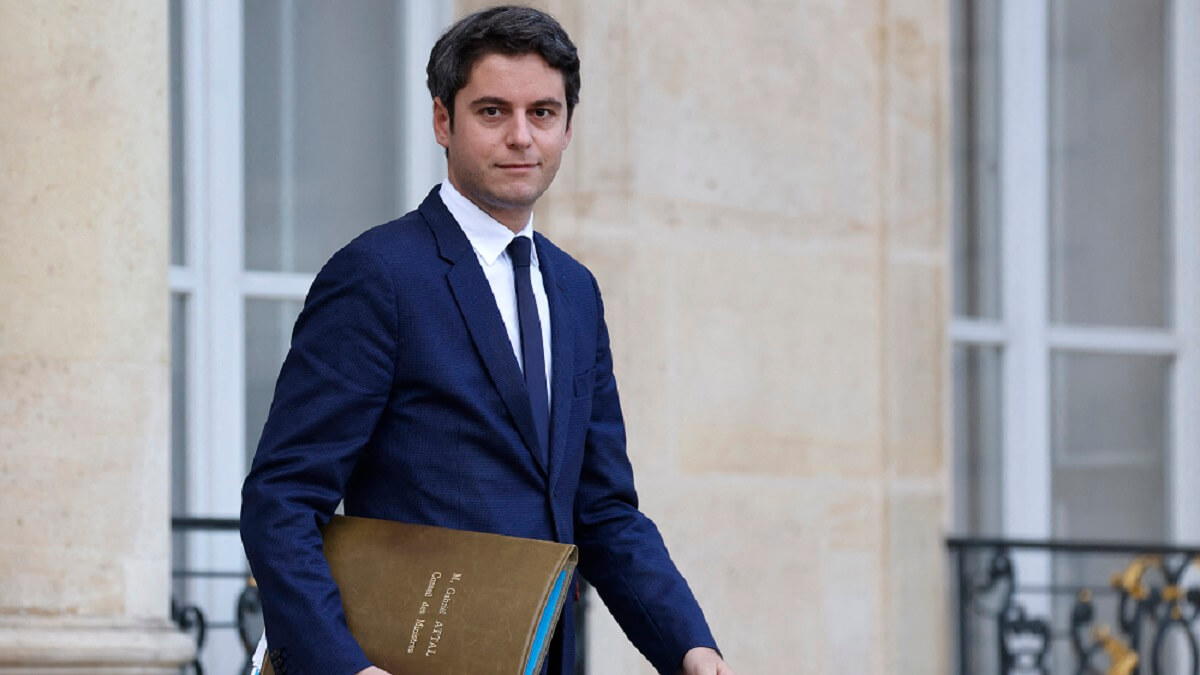
As was the case during the French president's last visit to Beijing, the French president will take the Chinese leader to the Pic du Midi in the French Pyrenees, where the current French president spent his childhood holidays. Macron's gesture to Xi is a sign of friendship. Just as Xi did when he invited Macron to the tea ceremony in Guangdong, the region where his father was governor.
Trade policy
China is the second most important power in the world and is also known as the "factory of the world", which is why it is necessary to maintain a "balance" in relations with the Asian giant. As part of the 60th anniversary of relations between Paris and Beijing, Xi will make his third trip to France since coming to power in 2019.
Economic and military support for Russia has been the trigger for the worsening of relations. Recent Western actions against the Beijing regime have considerably worsened the situation.
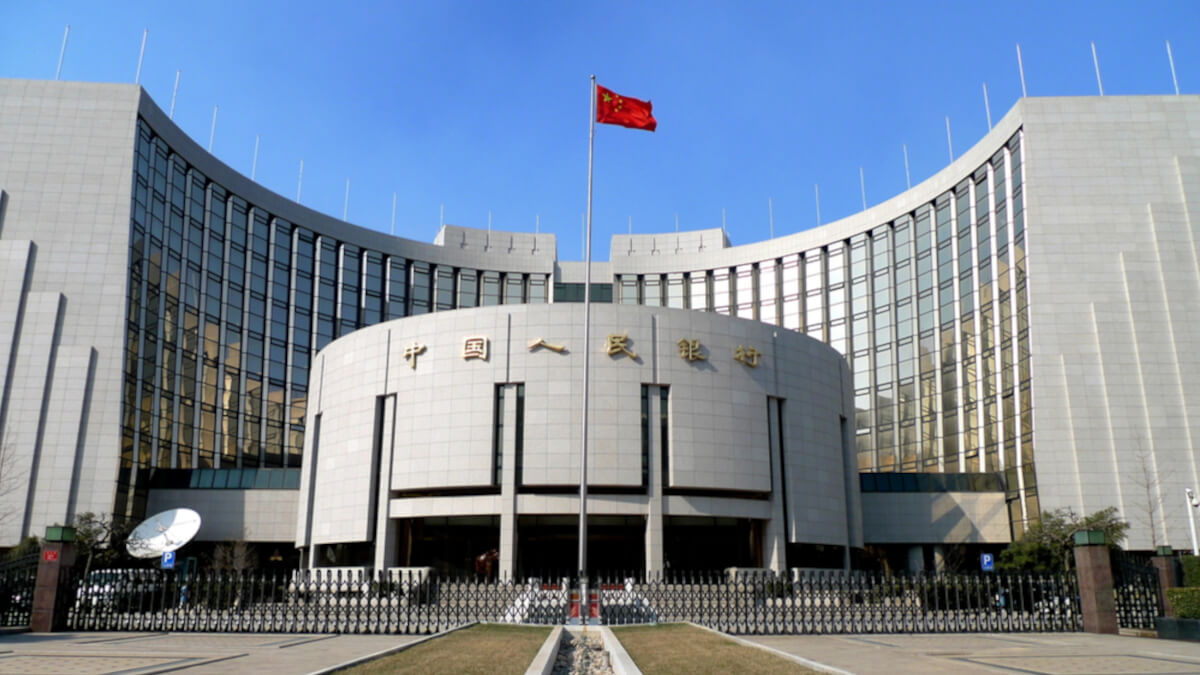
The proliferation of projects financed by Chinese companies on European territory is increasingly noticeable. It is not only the rail transport network that is a focus of Chinese investment. China's recent entry into the electric vehicle sector and the manufacture of components for electric vehicles is generating a great deal of controversy.
The economic conflict stems from the EU's approval of "risk reduction". In it, Europe sought to increase the economic security of its production, and to ensure that it would not be harmed by the introduction of Chinese products into the market, which would be unfair competition, mainly due to low production costs, i.e. to safeguard the economy and avoid increasing market vulnerabilities.

The communist regime hopes that France can act as a mediator between the bloc (European Union) and China. China's ambitions are to adopt a 'positive and pragmatic' policy to increase the number of Chinese products sold in the EU and their access to markets. The French president will serve as a bridge of understanding between the economic policies of the two blocs.
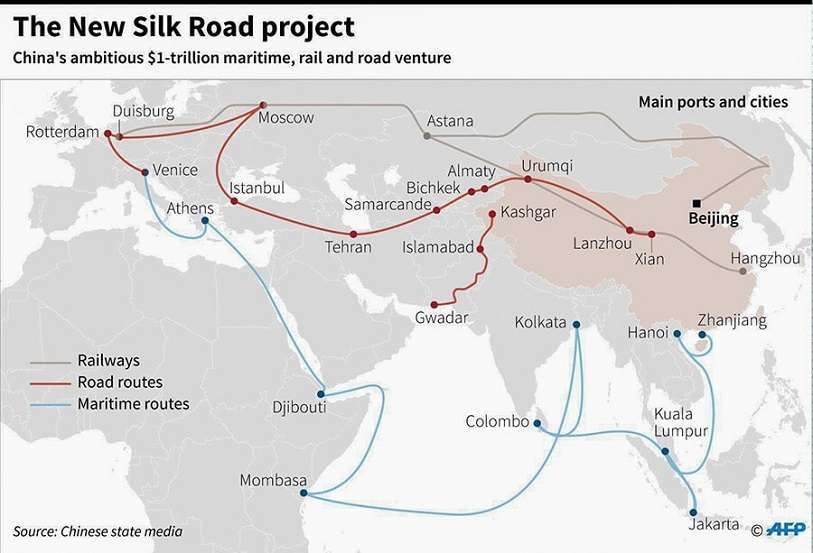
According to La Razón newspaper, Emmanuel Macron "tried to convince" his counterparts that the focus on China is not aimed at destabilising the Asian giant, but are "a result of the continued defences of the Russian-Ukrainian conflict". Fears are growing that Chinese companies will continue to ship materiel to Russian companies, who are putting it to dual use.
China invests billions of dollars in Serbia and Hungary
After leaving Paris, Xi Jinping will visit Hungary and Serbia, countries in a closer political orbit. His arrival coincides with the 25th anniversary of the US bombing of the Chinese Embassy in Belgrade. Considered close to the Moscow regime, both countries have China as a major economic partner.
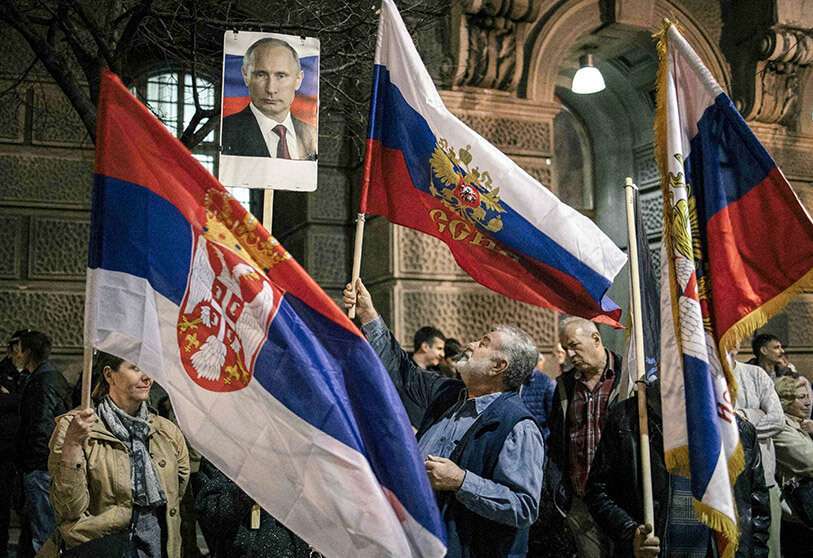
Investments by Chinese companies in both countries have increased exponentially. If we focus on the railway sector, the main renovations of the track network and new electrical maintenance systems come from Chinese companies. Although the main partner of both countries is the EU, Serbia accumulates more than 10 billion euros in Chinese investment in the period between 2009 and 2021, according to the Balkan Investigative Reporting Network.
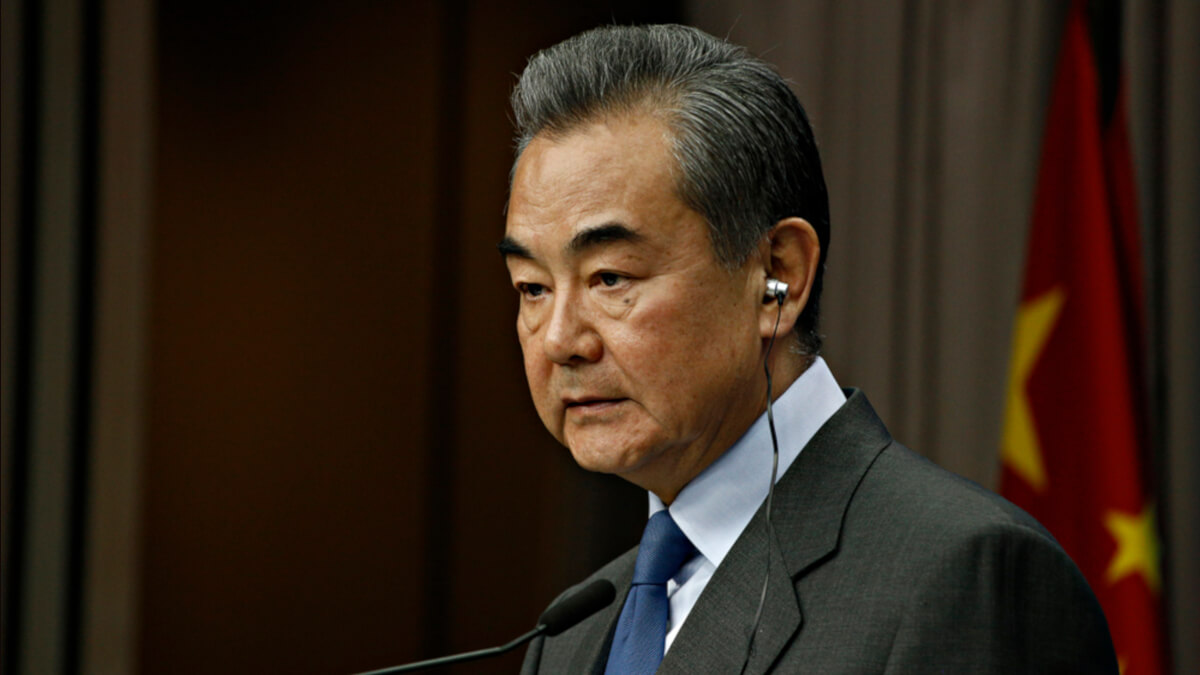
The tour will end with Xi's arrival in Hungary, one of the EU members that is often at odds with Brussels. Among the most prominent voices in Hungary is Hungarian Foreign Minister Peter Szijjarto, who told the Global Times that the EU investigation into China's electric vehicle subsidies was "really dangerous and harmful" and that Hungary is "very much involved" in improving EU-China relations.
The division within the EU is palpable. For Wang, China's Foreign Minister, the division is good for China's national interests. However, it remains to be seen what deals are struck and whether the claims of both blocs can take shape and adopt a balanced character for both sides.

